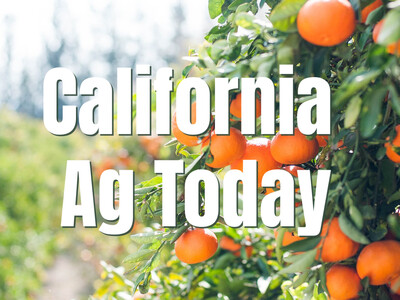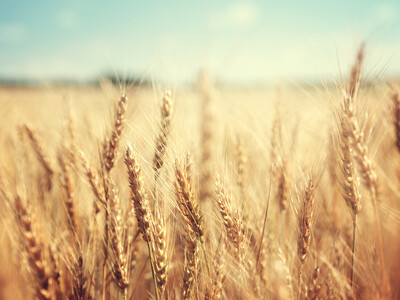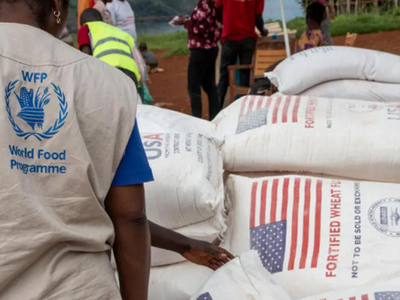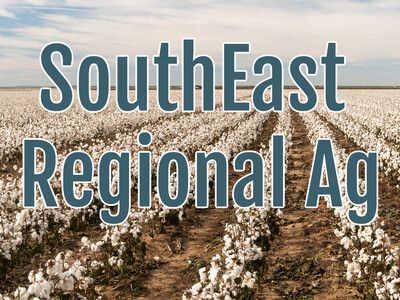Farmable Wetlands & Canada Not Restricting Hogs
Farmable Wetlands & Canada Not Restricting Hogs plus Food Forethought. I’m Greg Martin with today’s Northwest Report.
Enrollment begins August 3rd for an important component of the Conservation Reserve Program associated with farmable wetlands and buffers. FSA Administrator Jonathan Coppess explains one component.
COPPESS: We have continuous signup, we have enhancement programs, CREP and then this piece then of course to help restore wetlands that have been farmed and put buffers in place and we’re talking about improving the lands hydrology and vegetation. And over the course of years different things have happened to what were historical wetlands, you tile them, you drain them out and this is kind of an effort – no matter how much you do you’re still going to get washouts and other problems so here we go putting a little bit more money and effort and focus on trying to bring those natural ecosystems back to where they were in their natural state.
The Canadian Food Inspection Agency says it will no longer quarantine swine herds when the H1N1 virus is detected. CFIA does say affected animals will be managed using the same veterinary management and biosecurity practices employed for other swine influenza viruses. This includes limiting opportunities for virus to spread to susceptible animals.
Now with today’s Food Forethought, here’s Lacy Gray.
Many farmers’ markets are facing a challenging dilemma; how to retain a “pure” farmer’s market and not morph into a “flea market”. Traditionally an outlet where local farmers can sell locally produced food many farmer’s markets are being overran by non-food items that aren’t even necessarily made locally. “Local verified” signs are popping up at markets in order to assure consumers that the produce was grown locally and not imported from out of state. Sadly, several farmers’ markets around the nation are finding themselves literally imploding due to irreconcilable differences between farmers and non-farming vendors. Bottom line, a farmers’ market is just not a “farmers’ market” without the farmers. Consumers go there to buy fresh local food. A farmers’ market should be a venue where people can go to shop for their area’s freshest seasonal produce and a place to generate business for local farmers. Hopefully farmers’ markets will be able to continue to support a sustainable food system by offering consumers locally grown produce.
Thanks Lacy. That’s today’s Northwest Report. I’m Greg Martin on the Northwest Ag Information Network.














